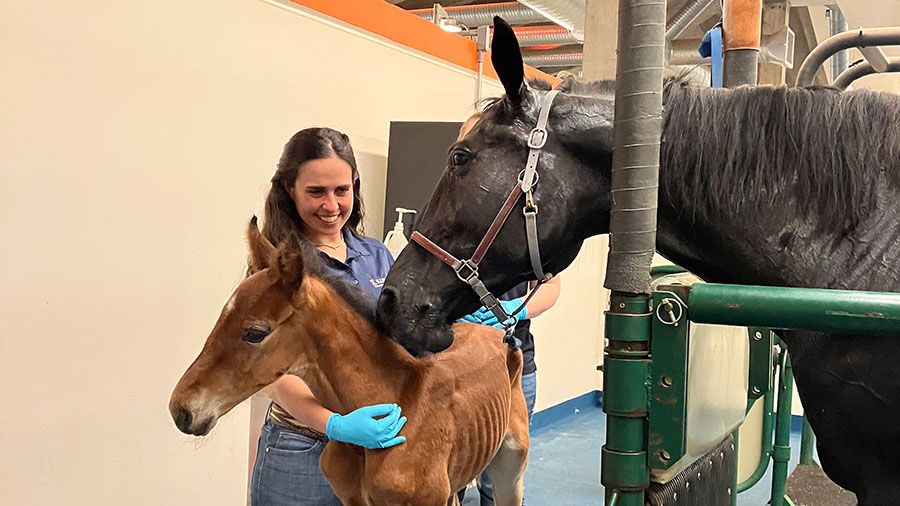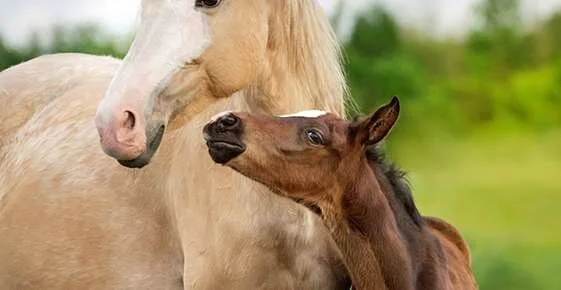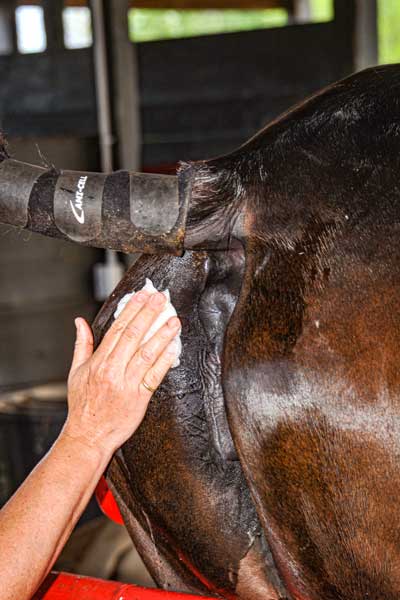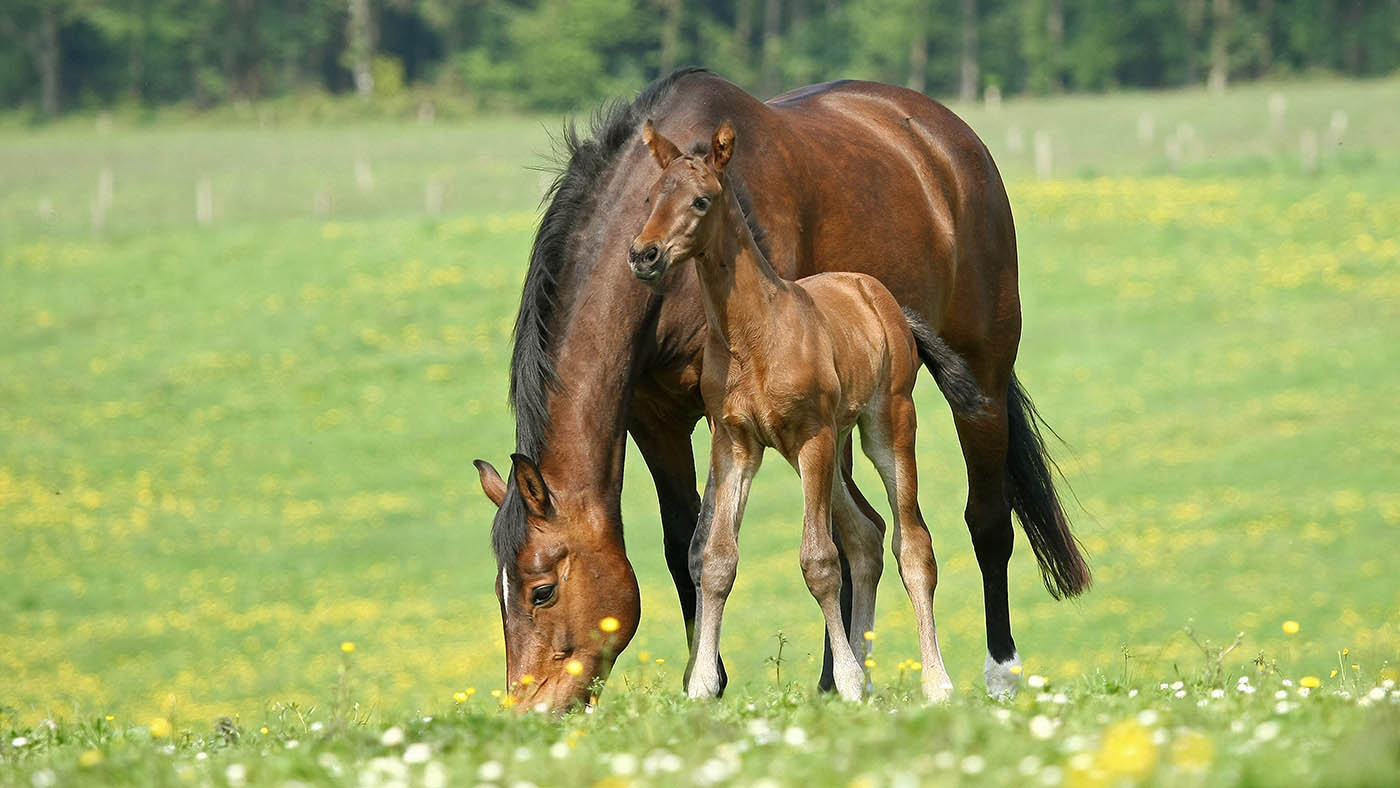Preventive Care for Breeding Horse Mares

Preventive care is essential for maintaining the health and reproductive success of breeding horse mares. This article covers key aspects of preventive care, including nutrition, vaccination, parasite control, reproductive health monitoring, and environmental management.
Importance of Preventive Care

Preventive care helps avoid common health issues, improves fertility rates, and ensures the well-being of both the mare and her foal. Early detection and management of potential problems can save costs and reduce stress.
Key Components of Preventive Care

| Component | Description | Recommended Frequency |
|---|---|---|
| Nutrition | Balanced diet rich in vitamins, minerals, and energy to support reproductive health. | Daily |
| Vaccination | Immunizations against diseases like Equine Influenza, Tetanus, and Rhinopneumonitis. | Annually or as advised by vet |
| Parasite Control | Regular deworming to prevent internal parasites that can affect fertility and health. | Every 6-8 weeks or vet advised |
| Reproductive Health | Regular veterinary exams including ultrasound and hormone level checks to monitor fertility. | Pre-breeding and during gestation |
| Environmental Management | Clean, safe, and stress-free living conditions to reduce disease risk and promote comfort. | Ongoing |
Nutrition for Breeding Mares
A mare’s diet should be tailored to her reproductive stage. Key nutrients include:
- Protein: Supports fetal development and milk production.
- Calcium and Phosphorus: Essential for bone health.
- Vitamins A, D, and E: Important for immune function and reproduction.
- Energy: Adequate calories to maintain body condition.
Vaccination Protocols
Vaccinations protect mares from infectious diseases that can compromise pregnancy. Consult your veterinarian to develop a vaccination schedule based on regional risks and mare history.
Parasite Management
Internal parasites can reduce nutrient absorption and cause reproductive issues. Implement a strategic deworming program based on fecal egg counts and veterinary advice.
Monitoring Reproductive Health
Regular veterinary check-ups help detect issues such as uterine infections, cysts, or hormonal imbalances early. Techniques include:
- Transrectal ultrasound
- Endometrial biopsy
- Hormone assays
Environmental and Stress Management
Stress can negatively impact fertility. Provide a calm environment with adequate shelter, clean water, and proper turnout. Minimize changes in routine and avoid overcrowding.
FAQ
Q1: When should I start preventive care for my breeding mare?
A: Begin preventive care well before the breeding season, ideally several months in advance.
Q2: How often should I vaccinate my mare?
A: Most vaccines are given annually, but follow your vet’s recommendations.
Q3: Can poor nutrition affect my mare’s fertility?
A: Yes, inadequate nutrition can lead to poor reproductive performance and complications.
Q4: What signs indicate reproductive health problems?
A: Signs include irregular heat cycles, discharge, swelling, or behavioral changes.
Q5: How important is parasite control?
A: Very important, as parasites can impair overall health and reproductive success.
By following these preventive care guidelines, breeders can enhance the health and productivity of their mares, leading to successful breeding outcomes and healthy foals.
